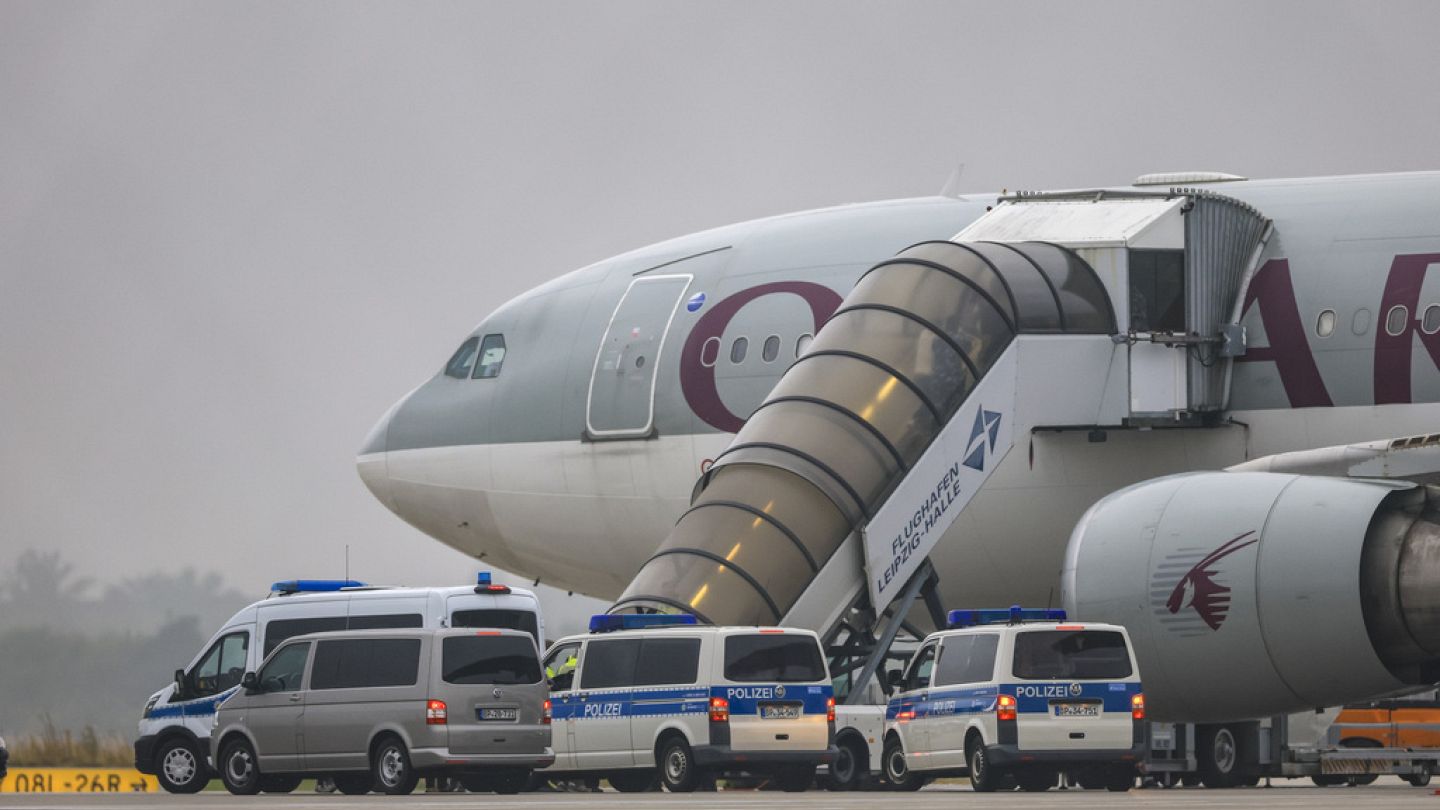
In a letter addressed to Magnus Brunner the Commissioner of Internal Affairs and Migration, twenty European countries have come together to pressure the European Commission to find ways to send back Afghan nationals who are living illegally in Europe, either voluntarily or by force, according to Belgian minister forAsylum and Migration Anneleen Van Bossuyt on Saturday.
Many EU countries say that the fact that they cannot currently deport Afghans, even those convicted of crimes, due to no formal return agreement with Afghanistan since the Taliban takeover in 2021 poses a threat to EU countries security and “undermines public trust in asylum policy”.
The initiative, led by Belgium’s Minister for Asylum and Migration, Anneleen Van Bossuyt, is supported by 18 other countries across the EU and Norway: Austria, Belgium, Bulgaria, Cyprus, the Czech Republic, Estonia, Finland, Germany, Greece, Hungary, Ireland, Italy, Lithuania, Luxembourg, Malta, the Netherlands, Poland, Slovakia and Sweden.
They are demanding the European Commission bring the return of Afghans to the top of its agenda, including negotiating with the Taliban regime to agree upon a return policy.
Van Bossuyt has suggested giving the EU’s border agency Frontex a stronger role in organising and supporting voluntary returns through the EU Reintegration Programme. Meanwhile, for forced returns, the letter suggests that those deemed dangerous or criminal should be prioritised, through a joint mission to Afghanistan between the Commission, the EEAS and the Member States wishing to take part.
Since the fall of Kabul in 2021, the only country to recognise the Taliban as the legitimate government of Afghanistan has been Russia. Despite this, Germany, led by Friedrich Merz’s conservative government, has been close to cutting a deal with the Taliban on the return of Afghans, who form the second-largest group of asylum seekers in Germany. In July, Merz’s government conducted a flight deporting 81 Afghans and hopes other European countries will follow.
However, Germany’s actions have previously been criticised by the UN, as Afghanistan is still under a “non-return advisory”, according to Ravina Shamdasani, a UN refugee agency spokesperson.
Meanwhile, another worker for the UN Human Rights Office (OHCHR), Arafat Jamal, said: “We have been documenting continuing human rights violations in Afghanistan.”